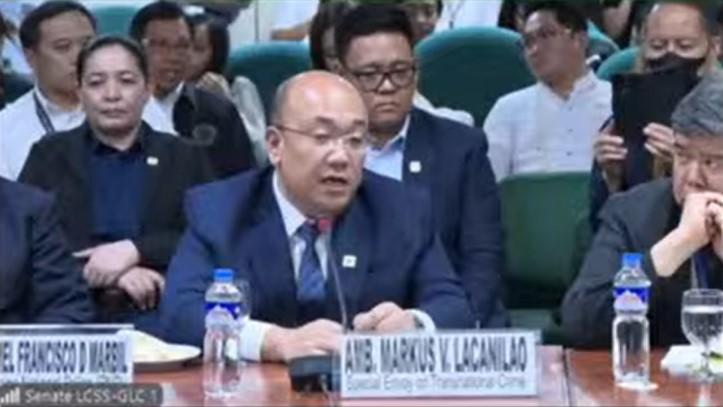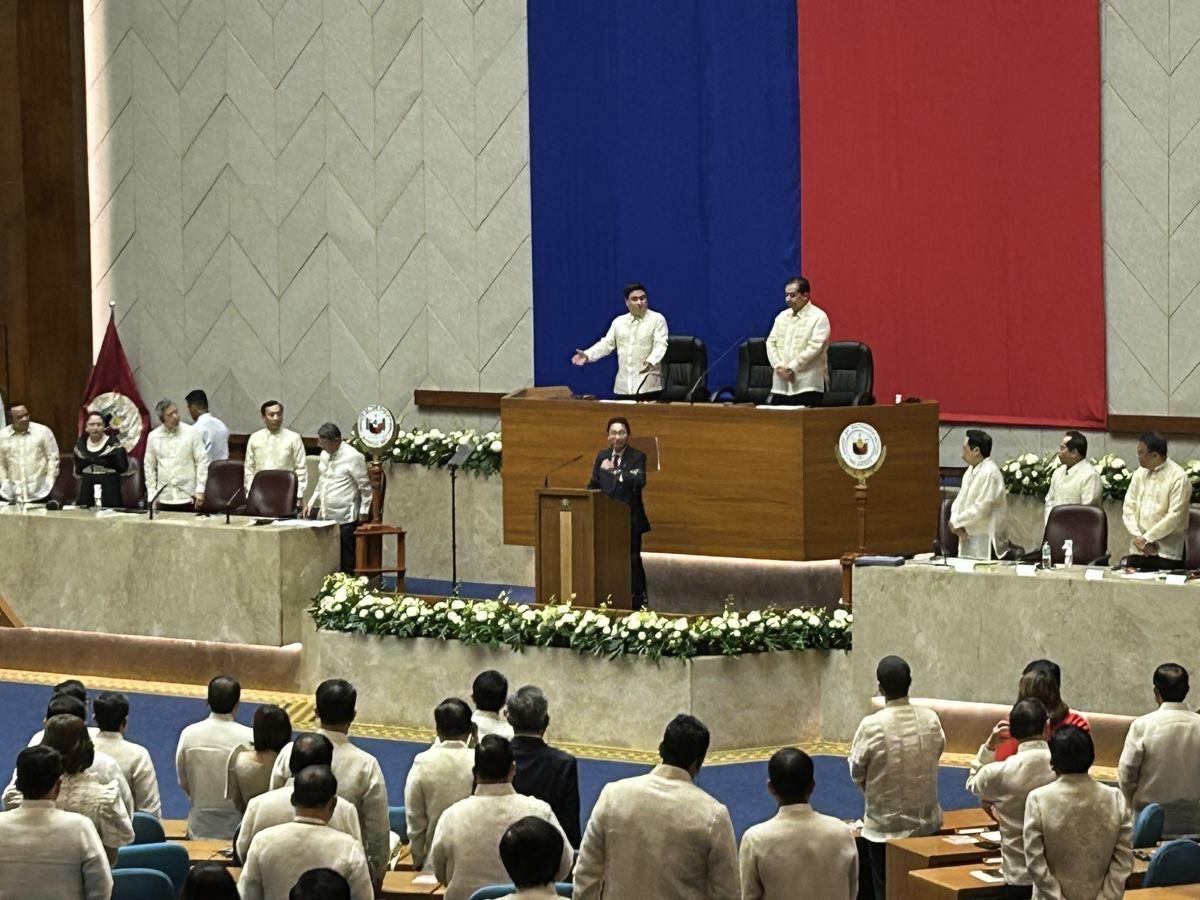Congressional leaders on Saturday expressed confidence that the Philippines’ planned reciprocal access agreement (RAA) with Japan will be implemented smoothly.
Senate President Juan Miguel Zubiri and House Speaker Martin Romualdez gave such responses when asked if the RAA, which officials said would be akin to the Visiting Forces Agreement (VFA) with the United States, could lead to possible abuse.
This is because since VFA was inked between the Philippines and the United States (US) in 1999, at least two American troops faced criminal charges: Daniel Smith who was convicted of raping a Filipina and was later cleared of the charges, and Scott Pemberton who was convicted of killing a transgender Filipino woman in 2014.
Zubiri, however, said that these incidents were isolated cases.
“The VFA has been there for almost 30 years, and since we have approved of it, there have only been two major incidents of violation of law involving American troops. How much more if it involves very disciplined Japanese Self-Defense Forces? I doubt very much that it will be a big issue,” Zubiri said at the sidelines of the ceremonial turnover of the House-approved proposed national budget of P5.768 trillion for 2024.
“The Japanese Self-Defense Forces are very disciplined, and RAA has guidelines which they can’t violate: follow the Philippine laws. It also applies to our soldiers. If they are in Japan, they should follow Japanese laws,” added Zubiri.
The Senate President then said that he sees no obstacle in the passing of the RAA.
“We in the Senate, who will ratify the RAA, are ready to discuss it and we already have the majority [on board]. We need more than 16 votes, [and] I believe we have more than that to ratify the RAA in the Senate,” Zubiri argued.
The ceremonial turnover happened after Japanese Prime Minister Fumio Kishida addressed Congress in a special joint session wherein the Japanese leader underscored the importance of fortifying alliances to protect rules-based order and freedom of navigation in the West Philippine Sea.
“The RAA will allow our interoperability and cross-training between our two forces not only in the times of self-defense, but also in the times of calamity. With RAA, Japanese forces can be immediately of aid to us when there is a calamity such as the scale of Yolanda [in 2013]. They can easily assist our Armed Forces and our civil servants in helping our people,” Zubiri added.
Romualdez, for his part, said the VFA has imparted deeply-ingrained lessons as to how foreign military forces should conduct themselves, and accountability can be easily pushed with practically everyone having a mobile phone that can instantly film irregularities.
“In this age of technology and social media, people are more aware of how they should behave. Besides, our past experiences with VFA left indelible lessons, including that we should always respect women,” Romualdez said.
“That is why we are confident that our relationship will remain smooth sailing given this agreement,” Romualdez added.
Aside from the United States, the Philippines also has a Status of Forces Agreement with Australia. —VAL, GMA Integrated News

















